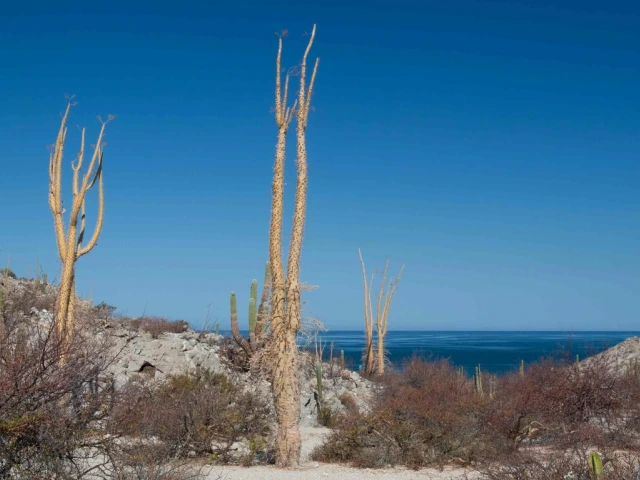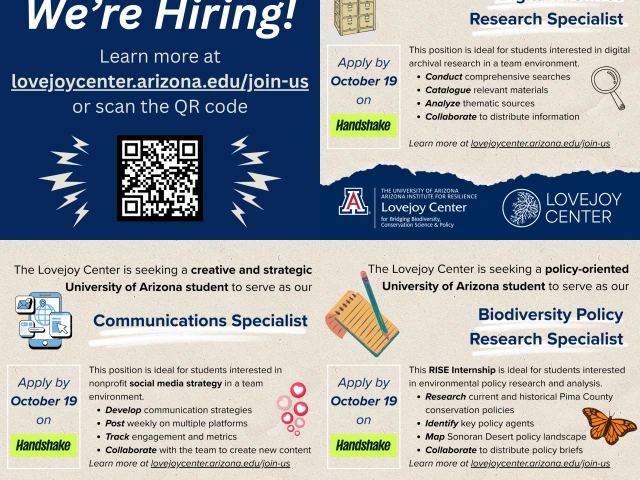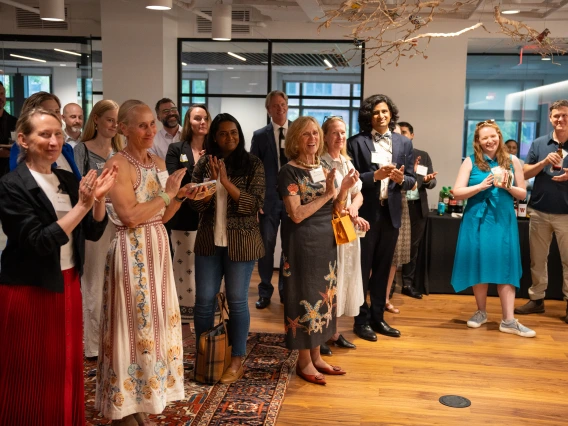"The natural world in which we live is nothing short of entrancing – wondrous really. Personally, I take great joy in sharing a world with the shimmering variety of life on Earth."
– Dr. Thomas E. Lovejoy (1941-2021)
We're Hiring Postdocs!
We're currently hiring our inaugural cohort of Tom Lovejoy Conservation Fellows and launching our Wildlife Corridors Mapping Program.
Strategic Pathways

Pathway 1: Future Leaders Initiative
Mentoring and investing in early-career professionals who will champion biodiversity throughout their careers.

Pathway 2: Global Impact Network
Growing the Lovejoy Network to facilitate international connections and knowledge sharing of biodiversity science and practice.

Pathway 3: Conservation Innovation Hub
Building innovative platforms that connect communities with biodiversity through conversation, design, storytelling and art.

Pathway 4: Impactful Research
Translating discoveries into action by advancing strategic research that bridges critical gaps in biodiversity science and practice.









